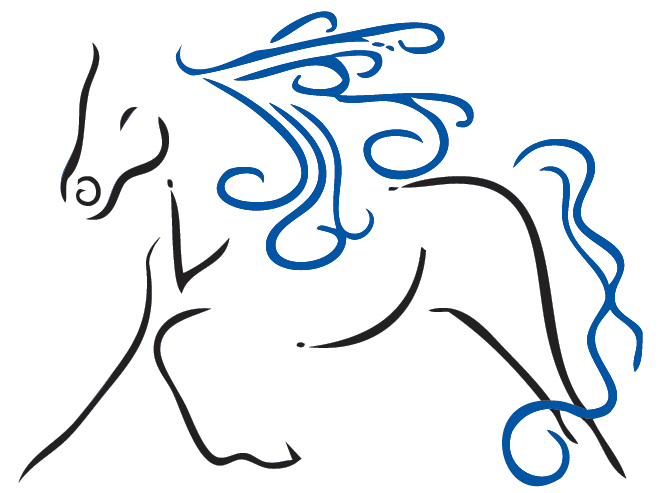Taking a step back - appreciating the whole
If you are like me, you get really involved in the day-to-day details we face. That's just how life happens. This point was really driven home to me just last week. I decided to take a look at where my life has taken me through Jack Canfield's 10-day transformation program I signed up for. I specifically was charged with writing down 100 things I had been successful at in my life.
So at first I thought, WOW, 100 things? Really? But then I took a step back, like a visitor. I chose to view my life without the emotional attachment we so often have - to things or even life events. And I realized: I can't believe how far I've come. It's really quite mind-boggling!
We tend to lose sight of the whole because we are busy living. And to appreciate our own journey, it does require us to take a step back, or even more than one. I can tell you, it's been a very useful exercise for me. I am up to 125 and counting!
So why am I writing to you about this?
Why should we regularly take a look at the the big picture?
Because the global view allows us to see not only where we have come from, but also where we want to go. It allows us to see the road ahead, make some decisions on a different direction. Resources we may have to utilize, help we may need. Mindset we may have to shift.
It brings awareness on a global level while we still operate in the here and now.
This can apply to almost anything we put our mind to, but it is especially true for our goals with horses. We get so busy with training rides, preparing for a show or an event, looking at tack, equipment, feed - we forget the big picture.
Or do we? Have we actually taken the time to figure out why we do what we do?
How can we possibly formulate a plan if we don't know where we are going?
When I work on a horse, I typically start out with the big picture:
- What is the overall look?
- Any areas that jump out at me?
- What is the horse's attitude?
- How responsive is s/he to my presence?
- What is the general environment? Is it busy, quiet, distracting or calming?
- How is the general muscle tone?
- How is the horse standing? Square, or not?
After the general impression, I decide on a starting point.
- Where can I "enter" the horse's system/body the easiest?
- Where and HOW can I achieve trust and relaxation?
- Where does this starting point lead me to?
- What will the overall strategy be?
When you start out with a global view, you can then have a different appreciation, perspective and take on the individual parts of it. It allows a more informed decision on how to proceed. It allows us to come up with the strategy for the ultimate goal and end game.
And more importantly, it allows me to have the RIGHT conversation with your horse.
So have the conversation that matters. And if you have thoughts on this, let me know! And please share this if it caused you to pause and ponder - looking at the whole.
